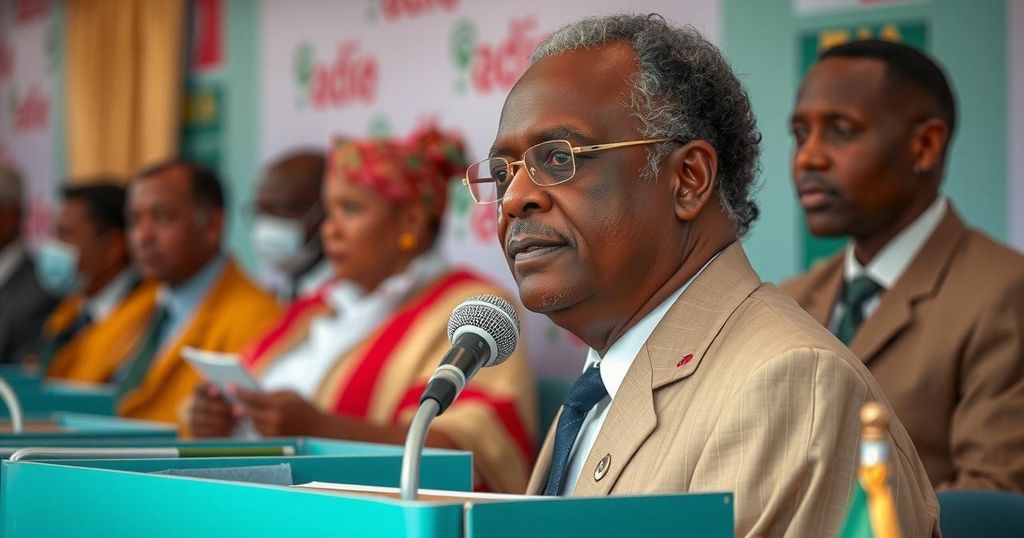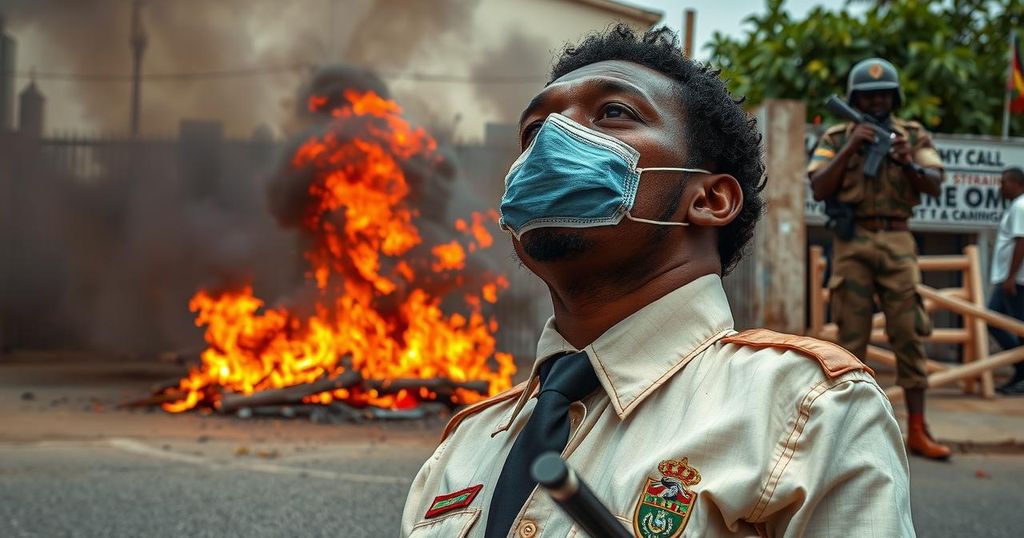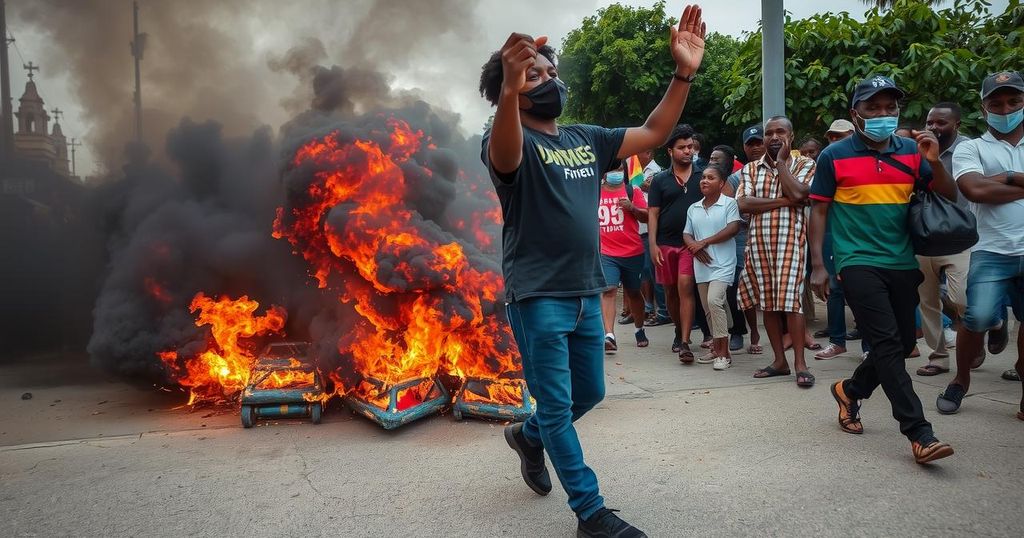World news
AFRICA, AHMAT MAHAMAT HASSAN, ASSEMBLY, BOKO HARAM, CHAD, CORRUPTION, DEBY, DEMOCRACY, EUROPE, FRANCE, GOVERNANCE, MAHA, MAHAMAT IDRISS DEBY ITNO, MOROCCO, N ' DJAMENA, NATIONAL ASSEMBLY, OPPOSITION, POLITICS, SAHEL, SUCCES MASRA, SUDAN, TRANSFORMERS, UNIVERSITY, UNIVERSITY OF N ' DJAMENA
Jamal Abdullah
0 Comments
Chad Holds Controversial Elections Amid Boycott and Ongoing Crises
Chad held legislative and local elections on Sunday, with the government calling it a step toward democracy, while opposition parties rejected it as fraudulent. The elections occur amid increasing jihadist attacks, a strained relationship with France, and a media blackout due to journalist strikes. The opposition is boycotting, citing repression and lack of genuine democratic process.
On Sunday, Chad conducted legislative and local elections under the regime of President Mahamat Idriss Deby Itno, who emphasizes these elections as a pivotal moment for advancing the nation’s democratic transition. However, opposition factions vehemently criticize the elections, deeming them a mere façade. The elections unfold amid persistent attacks from the jihadist group Boko Haram in the Lake Chad region and the conclusion of a military agreement with France, alongside accusations of interference in the ongoing conflict in neighboring Sudan.
Mahamat Deby, the 40-year-old son of the late Idriss Deby Itno, ascended to power in 2021 following his father’s death, who had ruled Chad with an authoritarian demeanor for over three decades. Deby Jr. received a controversial five-year presidential mandate in May, an election marred by opposition claims of fraud. Supporters of the government assert that the general elections will facilitate a necessary “generational renewal” within the National Assembly and local governing bodies, marking a significant progression since the last legislative elections in 2011, which were delayed due to various crises.
The opposition, however, is boycotting the elections, condemning the government’s autocratic tendencies. Succes Masra, leader of the Transformers party, stated, “Participating in the legislative elections under the current conditions is participating in legislative apartheid.” In contrast, Minister of Infrastructure Aziz Mahamat Saleh contended that the elections will empower the president to actualize his political agenda.
Scholar Professor Ahmat Mahamat Hassan criticized the elections, suggesting they serve primarily to legitimize a government perceived as dynastic amid widespread internal and external dissent. The elections are occurring against a backdrop of severe media restrictions, with many journalists striking in protest. Furthermore, Chad grapples with significant humanitarian challenges, including displacement of millions due to recent floods and its low ranking in the United Nations Human Development Index, indicative of ongoing social and economic hardships.
The context of Chad’s recent elections is deeply rooted in its political history and current socio-economic challenges. Following the death of long-term ruler Idriss Deby Itno, power transitioned to his son, Mahamat Idriss Deby Itno, leading to tensions within the political landscape. The backdrop of violence from Boko Haram and diminishing relations with France highlights the destabilizing factors influencing governance in Chad. Even as the government promotes these elections as a step towards democracy, opposition groups contest their legitimacy, arguing that systemic repression diminishes the prospect for genuine democratic reforms. The country faces pressing humanitarian issues, exacerbated by environmental challenges, all of which underscore the gravity of the electoral context.
In conclusion, the elections in Chad represent a significant yet controversial moment in the country’s political evolution. With the opposition boycotting the vote and numerous challenges facing the nation, including security threats and humanitarian crises, the legitimacy and effectiveness of Mahamat Idriss Deby’s administration remain in question. Analysts and political leaders continue to engage in a rigorous debate concerning the implications of these elections for Chad’s governance and its future democratic trajectory.
Original Source: www.barrons.com




Post Comment